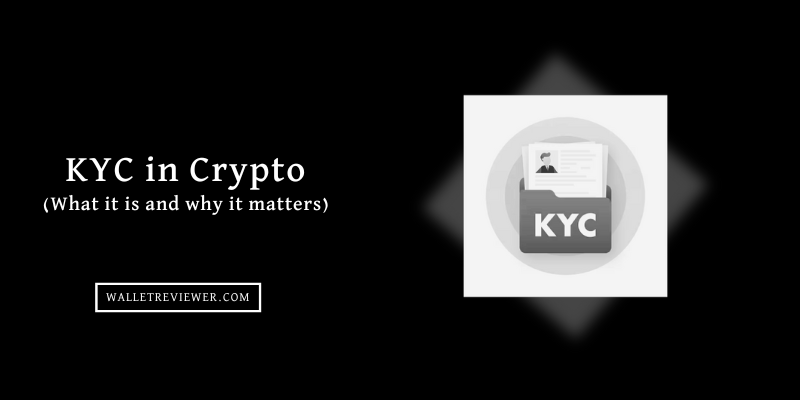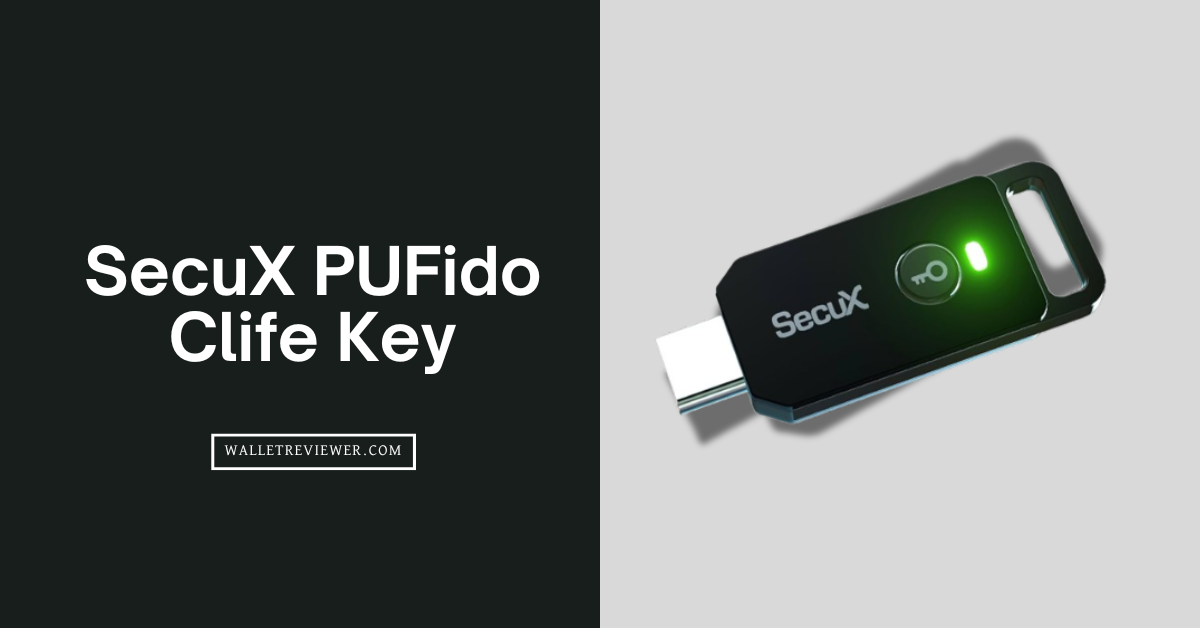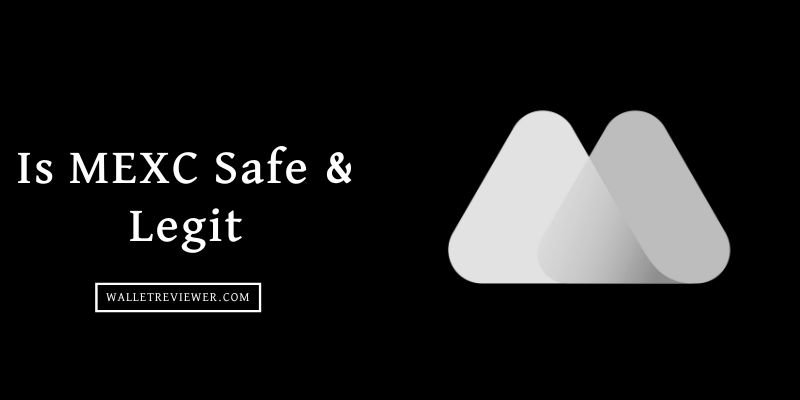Ever tried to get into crypto, and then an exchange asked for your ID? That’s KYC, short for “Know Your Customer.” It’s a common part of using crypto exchanges now. Some people see it as a good thing that keeps things safe and real. Others feel it goes against the idea of privacy that crypto was supposed to offer.
So, what is KYC exactly, why is it everywhere, and how does it affect what you do with crypto? Let’s look closely at this important part of the crypto world.
Table of Contents
What Does KYC Stand For?

KYC stands for “Know Your Customer.” It’s a process crypto exchanges use to verify your identity, aiming to prevent illegal activities like money laundering or fraud.
You will typically need to submit your name, address, and ID, like a passport. Some platforms also ask for a selfie or proof of address, such as a utility bill. KYC helps exchanges follow government regulations, especially on centralized platforms like Binance.
What does KYC in crypto mean?
KYC is most common on centralized crypto exchanges, like Binance, Coinbase, or Kraken. These platforms act as middlemen, holding your funds and managing your trades. To operate legally in countries with strict financial rules, like the US, EU, or Japan, they need to follow KYC guidelines. This means checking who you are before letting you trade, withdraw, or access advanced features.
The role of KYC in these exchanges is to create a paper trail. If something goes wrong, like a user laundering money or evading taxes, the exchange can show regulators it did its due diligence. For example, if you’re trading large amounts of Bitcoin, the exchange might need to report it to authorities.
This process also helps exchanges manage risk. Crypto is a target for hackers and scammers, and KYC can make it harder for bad actors to open fake accounts. By verifying identities, exchanges can spot suspicious patterns, like someone trying to move stolen funds. It’s not foolproof, but it’s a layer of protection for both the platform and its users.
Read More: Best no-KYC crypto exchanges
How does crypto KYC work?
When you join a crypto exchange requiring KYC, you must provide personal details to verify your identity. Typically, this includes your full name, date of birth, address, and a government-issued ID, like a passport or driver’s license.
Some platforms also request a selfie holding your ID or proof of address, such as a recent utility bill. In stricter regions, like the US, exchanges might ask about your income or fund sources to comply with anti-money laundering laws.
After submitting your details, the exchange reviews them. You upload documents via their website or app, and automated systems or manual reviewers check for accuracy. Verification can take hours to days, depending on the platform’s efficiency and workload. During this time, your account may have limits, like no trading or withdrawals.
If documents are unclear, you’ll need to resubmit, causing delays. This process ensures compliance with regulations but can frustrate traders eager to start. No-KYC platforms avoid these hurdles, letting you trade instantly without sharing personal data.
Benefits of KYC in Crypto
- Prevents Financial Crime: KYC is a big shield against illegal activities like money laundering and funding terrorism. By checking who people are, crypto exchanges can spot and stop suspicious transactions. This makes it much harder for criminals to use cryptocurrencies for bad purposes, making the whole system safer.
- Increases Trust and Credibility: When a crypto platform uses KYC, it shows they’re serious about following the rules and protecting their users. This helps build trust not just with individual users, but also with banks, regulators, and other financial institutions. A trusted platform is more likely to attract new users and investors, which is good for everyone.
- Ensures Regulatory Compliance: Many countries have laws that require financial businesses, including crypto exchanges, to implement KYC procedures. By doing KYC, exchanges avoid hefty fines, legal problems, and potential shutdowns. Staying compliant means they can operate smoothly and expand their services legally.
- Enhances User Security and Fraud Prevention: KYC helps protect individual users from fraud and identity theft. When an exchange knows who its users are, it can better detect unusual activity or attempts by fraudsters to take over accounts. This added layer of security gives users more peace of mind that their funds and personal information are safe.
- Stabilizes the Crypto Market: The crypto market can be quite volatile, partly because of anonymous or illicit transactions. When KYC is in place, it reduces the amount of illegal activity happening, which can lead to a more stable and predictable market environment. This increased stability can attract more mainstream investors and contribute to the long-term growth of the crypto industry.
- Facilitates Access to Broader Financial Services: For crypto exchanges, having robust KYC practices makes it easier to work with traditional banks and payment processors. These financial partners often require exchanges to have strong anti-money laundering (AML) controls, which KYC supports. This means users on KYC-compliant platforms might have more options for depositing and withdrawing traditional money.
Risks of KYC in Crypto
- Privacy Concerns: One of the biggest worries for many crypto users is giving up their personal information. When you go through KYC, you’re handing over sensitive data like your name, address, and ID documents to a centralized exchange. There’s always a risk that this data could be hacked or misused. For people who value the privacy and anonymity that crypto originally promised, this can be a major turn-off.
- Increased Risk of Data Breaches: Since exchanges collect and store a lot of personal data for KYC, they become attractive targets for hackers. If an exchange’s security is compromised, all that personal information could be stolen. A data breach could lead to identity theft, financial fraud, or even blackmail for the users whose data is exposed. This risk is a serious concern for anyone sharing their details.
- Exclusion of Users Without Proper ID: Not everyone in the world has easy access to government-issued identification documents. This could be due to living in certain regions, being displaced, or simply not having the necessary paperwork. KYC requirements can effectively block these individuals from participating in the crypto economy, which goes against the idea of financial inclusion that crypto often promotes.
- Higher Costs and Fees for Exchanges (and Users): Implementing and maintaining robust KYC procedures is expensive for crypto exchanges. They need to invest in technology, hire compliance teams, and constantly update their systems to meet changing regulations. These costs often get passed down to users in the form of higher trading fees, withdrawal fees, or other charges. This can make using KYC-compliant exchanges more expensive than alternatives.
- Centralization and Loss of Decentralized Ethos: A core principle of cryptocurrency is decentralization, meaning no single entity has control. However, when exchanges are forced to implement KYC, they become central points of control and data collection. This shifts power away from individual users and towards the exchanges, which some argue goes against the very idea of what crypto was meant to be. It introduces a layer of traditional finance into a system that aimed to be different.
- Time-Consuming Onboarding Process: For a new user looking to quickly get into crypto, the KYC process can be a frustrating bottleneck. Submitting documents, waiting for verification, and sometimes having to resubmit information can take hours or even days. This slow onboarding can put off potential users, especially those who are used to instant access in other digital services.
ID Verification Process: What Documents are Required

1. Government-Issued Photo ID
This is almost always the first thing they’ll ask for. It needs to be a valid document with your photo and personal details. Common examples include your passport, driver’s license, or a national ID card. You’ll usually need to take clear photos of both the front and back of the document, ensuring all corners are visible and there are no glares or blurs.
2. Proof of Address
To confirm where you live, exchanges will ask for a document that shows your residential address. This usually needs to be fairly recent, often within the last three months. Good examples include a utility bill (like electricity, water, or gas), a bank statement, or a credit card statement. Make sure your name and address on the document match the information you provided during registration.
3. Selfie or Liveness Check
Many exchanges now require a selfie or a short video of yourself. This isn’t just for fun; it’s to verify that the person submitting the documents is actually you and not someone using a stolen ID. Sometimes, you’ll be asked to hold your ID next to your face, or to perform a simple action like turning your head or blinking to prove it’s a live person.
4. Additional Information (Less Common, but Possible)
Depending on the exchange, your country’s regulations, or if you plan on making very large transactions, they might ask for extra details. This could include your Tax ID (like a PAN card in India or SSN in the US), information about your source of funds, or even a quick questionnaire about your financial background. This “Enhanced Due Diligence” is usually for higher-risk accounts
Choosing Between KYC and No-KYC Crypto Platform
| Feature | KYC Crypto Platform | No-KYC Crypto Platform |
| Identity | Verified Identity | Anonymous / Pseudonymous |
| Privacy | Lower Privacy | Higher Privacy |
| Data Security | Data Held by Exchange, Breach Risk | No Personal Data Held, Lower Breach Risk |
| Regulation | Regulated, Compliant | Unregulated, Less Compliant |
| Legal Protection | Higher User Protection, Recourse | Limited / No Protection, No Recourse |
| Accessibility | Restricted by Region/ID, Excludes Some Users | Wider Access, Fewer Barriers |
| Features | Full Exchange Services, Fiat On/Off-ramps, Loans | Limited Features, Crypto-to-Crypto Only |
| Transaction Limits | Higher / Unlimited | Lower / Restricted |
| Fees | Potentially Higher (Compliance Costs) | Potentially Lower |
| Security Risk | Lower Platform Fraud Risk, Higher Data Risk | Higher Platform Fraud Risk, Lower Data Risk |
| Onboarding Speed | Slower (Verification Time) | Faster (Instant Access) |
| Trust Factor | Generally Higher (Industry/Regulatory Trust) | Lower (Relies on Decentralized Trust) |
| Suitability | Regular Traders, Fiat Users, Larger Amounts | Privacy-Focused, Small Trades, Decentralized Users |
If you are looking for a no-KYC crypto exchange, you can check out the MEXC exchange.
The Future of KYC in the Crypto World
The future of KYC in crypto is moving towards a more integrated and sophisticated approach. We’re seeing a clear trend of increasing regulation globally, meaning more crypto platforms, even decentralized ones, will likely have to adopt some form of identity verification. This isn’t just about preventing crime; it’s also about bringing crypto into the mainstream financial system.
Technological advancements like AI, machine learning, and biometric authentication are making KYC processes much faster and more accurate. Imagine verifying your identity in seconds using facial recognition. There’s also a big push for self-sovereign identity (SSI) and blockchain-based solutions, which could give users more control over their personal data while still allowing for verification when needed. This could be a game-changer, balancing privacy with compliance. Overall, expect KYC to become less intrusive but more pervasive as the crypto world matures.



